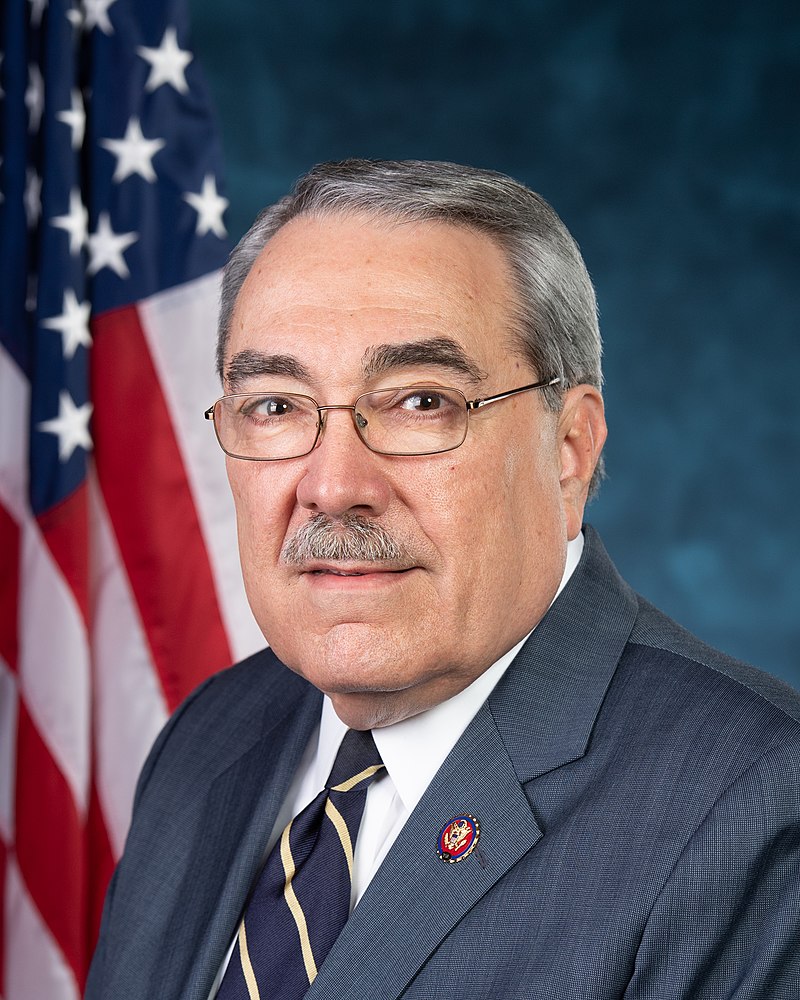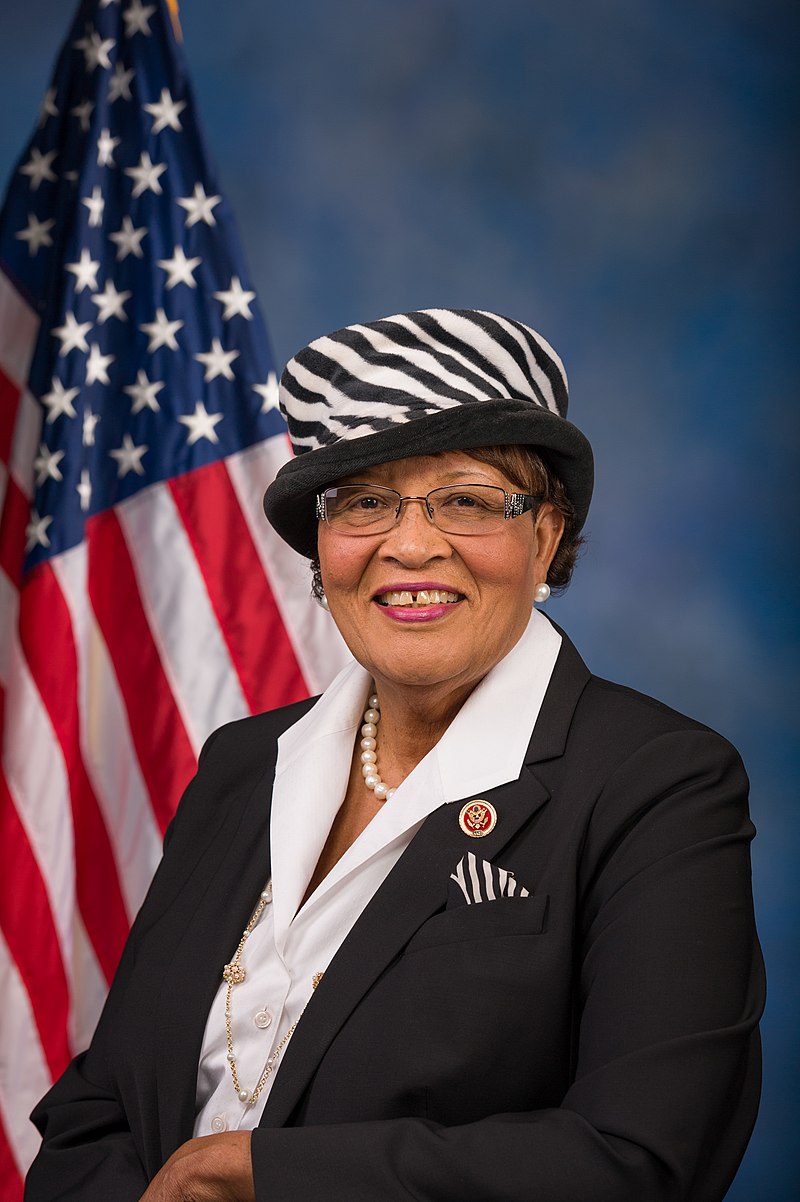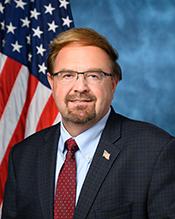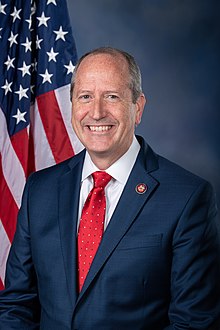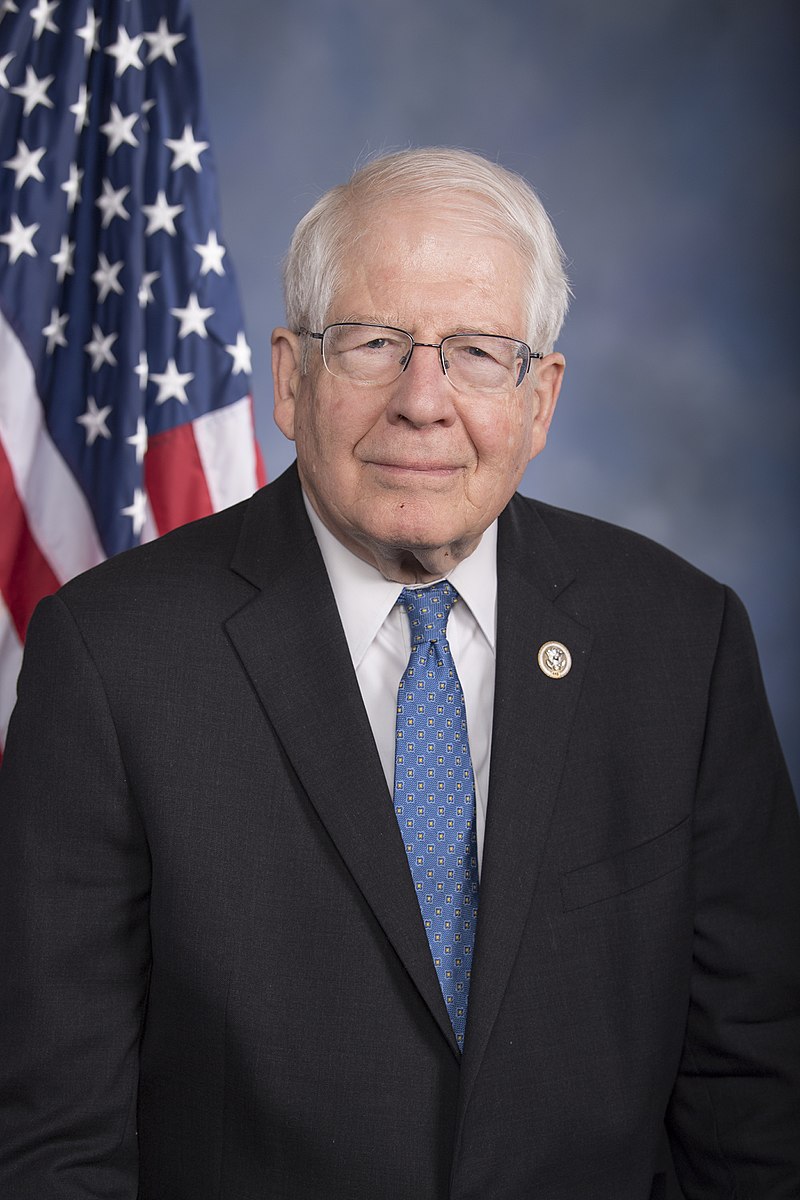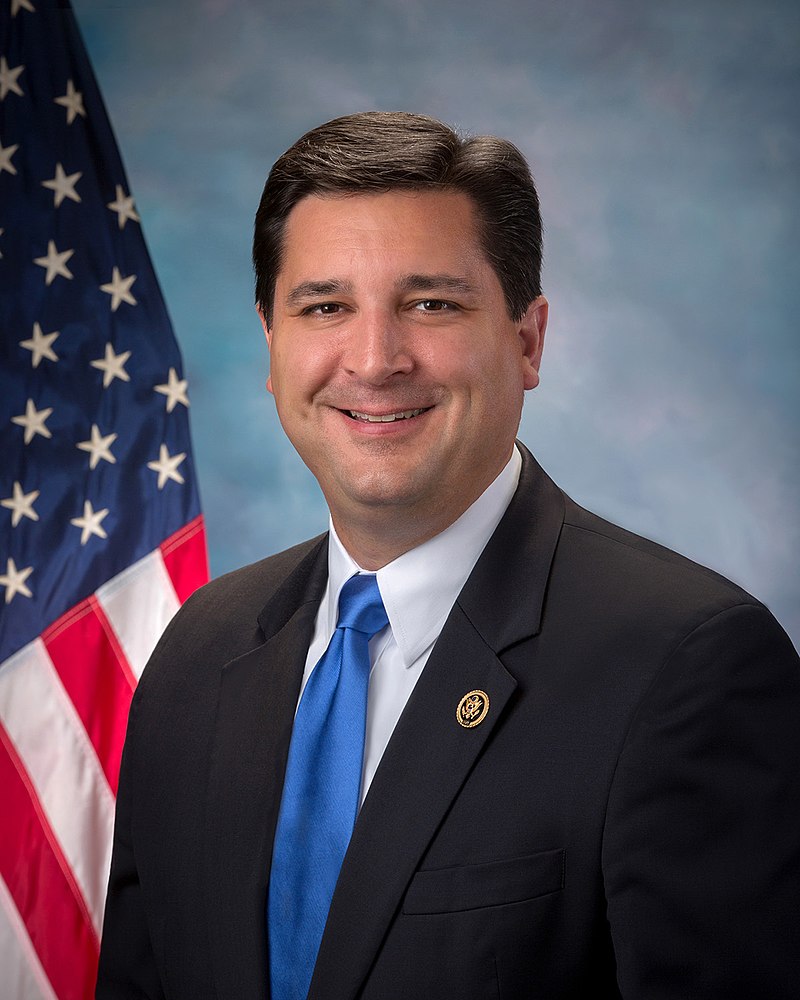Belief Equal Opportunity
Congressman G. K. Butterfield believes that if you work hard and play by the rules you deserve a fair shot at achieving the American Dream. But for many Americans, this dream seems out of reach. Too many North Carolinians are struggling to make ends meet. That is why Congressman Butterfield is working to expand opportunity to all Americans and ensure the poor and middle class have a seat at the decision making table. From the courtroom to Congress, G. K. Butterfield has always fought for equality of opportunity.
North Carolina Roots
Congressman Butterfield’s roots in Wilson, N.C. taught him the values of hard work and responsibility. His father, Dr. G. K. Butterfield Sr., was a respected dentist and elected official. Dr. Butterfield graduated from Meharry Dental College and practiced dentistry for 50 years in the poor, segregated community of East Wilson. Many of his patients had never received dental services because they were unable to afford care. However, Dr. Butterfield did not turn anyone away because they were unable to pay. To him, access to care was a right for everyone, not a privilege for the few.
Congressman Butterfield’s mother, Addie, was passionate about education. She taught elementary school for 48 years in some of the poorest communities in North Carolina. Mrs. Butterfield was keenly focused on making sure her students learned to read–a right that was denied to many Blacks in the South.
Congressman Butterfield’s parents led by example and instilled in him the importance of serving your community and working to give people the opportunity to succeed.
Front Row Seat to Civil Rights Movement
Growing up in the segregated city of Wilson, N.C. gave Congressman Butterfield a front-row seat to the fight for civil rights in the South. In the late 1940s, Dr. Butterfield helped found the Wilson Branch of the NAACP, which was formed to register Black voters in the county. In 1953, Congressman Butterfield’s father became the first African American elected to the city council in Wilson, and the first Black elected official in eastern North Carolina since Reconstruction.
The other council members were upset with Dr. Butterfield for his voter registration efforts and wanted to ensure he was not reelected. So, the city council called an emergency meeting to change the method of electing its members while the Butterfield family was traveling out of state. Under the new system, council members would be elected at-large instead of being elected from districts. The change diluted Black voting strength and forced Dr. Butterfield to run citywide as opposed to running in a majority black district. As a result, Congressman Butterfield’s father was defeated in the 1957 election. Congressman Butterfield witnessed firsthand the abuse of political power used to weaken voting rights. This experience formed a lasting impression on him and fueled his desire to become a lawyer and advocate for civil rights.
Fighting for Civil Rights
After graduating from Charles H. Darden High School in Wilson, Congressman Butterfield earned a Bachelor of Arts in Political Science and Sociology from North Carolina Central University (NCCU). During his time at NCCU, Congressman Butterfield was active in organizing voter registration drives in Durham. After the enactment of the Voting Rights Act in 1965, Butterfield organized a student march from the State Capital in Raleigh to the Wilson County Courthouse to draw attention to the importance of voter registration. At the conclusion of the march, Congressman Butterfield registered to vote for the first time.
In 1965, workers at Duke University were organizing to demand improved working conditions. Congressman Butterfield, who once served as intern and orderly at Duke University Hospital, joined hospital employees in their fight for workers’ rights. The employees would eventually form the Local 77 chapter of the American Federation of State, County, and Municipal Employees (AFSCME) union.
During his junior year at NCCU, Congressman Butterfield was drafted into the United States Army and was stationed at Fort Bragg Army installation in Fayetteville, North Carolina. He was later honorably discharged from the Army and returned to NCCU to complete his undergraduate degree. Following his graduation, he attended NCCU School of Law. While in law school, Congressman Butterfield focused on learning how the law could be used to protect peoples’ rights as opposed to limiting them.
After completing law school, Congressman Butterfield began his distinguished legal career as a civil rights attorney. For 14 years, Butterfield practiced law across eastern North Carolina representing mostly low-income clients who needed legal services. He also focused on protecting civil rights, winning several voting rights cases that earned him the reputation of a principled litigator. Butterfield’s litigation work helped to preserve the ability of several African American communities to elect candidates of their choice to public office.
Judge Butterfield
Congressman Butterfield was elected Resident Superior Court Judge for the First Judicial Division. For 13 years, he presided over civil and criminal courts in 46 counties throughout North Carolina.
In February 2001, then-Governor Mike Easley appointed Butterfield to the North Carolina Supreme Court. While serving on the highest court in the state, Congressman Butterfield authored more than 15 opinions on cases involving judicial sentencing procedures, eminent domain, and the application of capital punishment.
Despite running an aggressive statewide campaign, Butterfield lost reelection to the Court in November 2002. Following that loss, he was reappointed to the Superior Court bench and resumed his duties as a trial judge. His judicial service spanned a total of 15 years.
Advocate for the People
In 2004, G. K. Butterfield retired from the bench to run in a special election to fill the unexpired term of Congressman Frank Ballance (NC-01). Congressman Butterfield won a crowded primary election to fill the seat, where he captured 71 percent of the vote.
Upon taking office in July 2004, Congressman Butterfield was determined to be a strong advocate for the people in eastern North Carolina. Recognizing the importance of agriculture and nutrition programs to the First District, Congressman Butterfield initially joined the House Agriculture Committee. He also served on the House Armed Services Committee where he was an advocate for our military, which has a strong presence throughout North Carolina. Congressman Butterfield also served on the House Committee on Standards of Official Conduct (Ethics Committee).
Currently, Congressman Butterfield is a member of the influential House Energy and Commerce Committee. On the Committee, he has been an advocate for access to quality healthcare, rural broadband expansion, protecting consumer privacy, promoting renewable energies, and reducing energy rates in low income communities. Congressman Butterfield sits on the Subcommittees on Communications and Technology; Energy; and Health. Previously, he served as Ranking Member of the Commerce, Manufacturing and Trade Subcommittee.
Leader in Congress
In January 2007, Congressman Butterfield was appointed a Chief Deputy Whip of the House Democratic Caucus. For the 117th Congress, Congressman Butterfield was elevated to replace the late-Congressman John Lewis as a Senior Chief Deputy Whip working with the Democratic leadership to help formulate policy and rally support for the Caucus’ legislative priorities on the House Floor. Congressman Butterfield is the first Democrat from North Carolina to serve in this role.
In November 2014, Congressman Butterfield was unanimously elected Chairman of the Congressional Black Caucus (CBC) for the 114th Congress. As a member of the CBC, Congressman Butterfield focuses on promoting anti-poverty programs, expanding economic development and job creation, protecting voting rights, advocating for the appointment of African American to judgeships and senior Administration positions, and increasing diversity in leadership positions in corporate America. He has been an outspoken member of the CBC since his election in 2004.
Fighter for the First District
Since coming to Congress, Congressman Butterfield has been a tireless advocate and champion for his constituents. He has worked to improve the lives of his constituents by proposing strong legislative initiatives, helping to direct more than $100 million in federal dollars to the First District, and by prioritizing constituent service. He has consistently supported projects in his district that work to increase student achievement and expand opportunities for his constituents. Congressman Butterfield has successfully fought for funding for transportation and redevelopment projects and has secured funding to support important health care programs in the First District. He serves on the committee that was a key architect of the Affordable Care Act, is an outspoken opponent of any attempts to repeal the law. In addition, Congressman Butterfield fights for his constituents on many other fronts including: advocating for the equipping of first responders and municipalities with the tools they need to protect their citizenry; bringing in more than $14 million in federal dollars to the First District to protect North Carolina’s natural resources in an effort to protect the environment for future generations; and securing funding for veterans, servicemembers, and military bases throughout eastern North Carolina.
Grounded in Faith and Family
Congressman Butterfield is a lifelong member of Jackson Chapel First Missionary Baptist Church in Wilson, N.C and husband to Dr. Sylvia Butterfield. He is the father of three adult daughters, Valeisha, Lenai and Tunya, and a proud grandfather of four grandsons.
